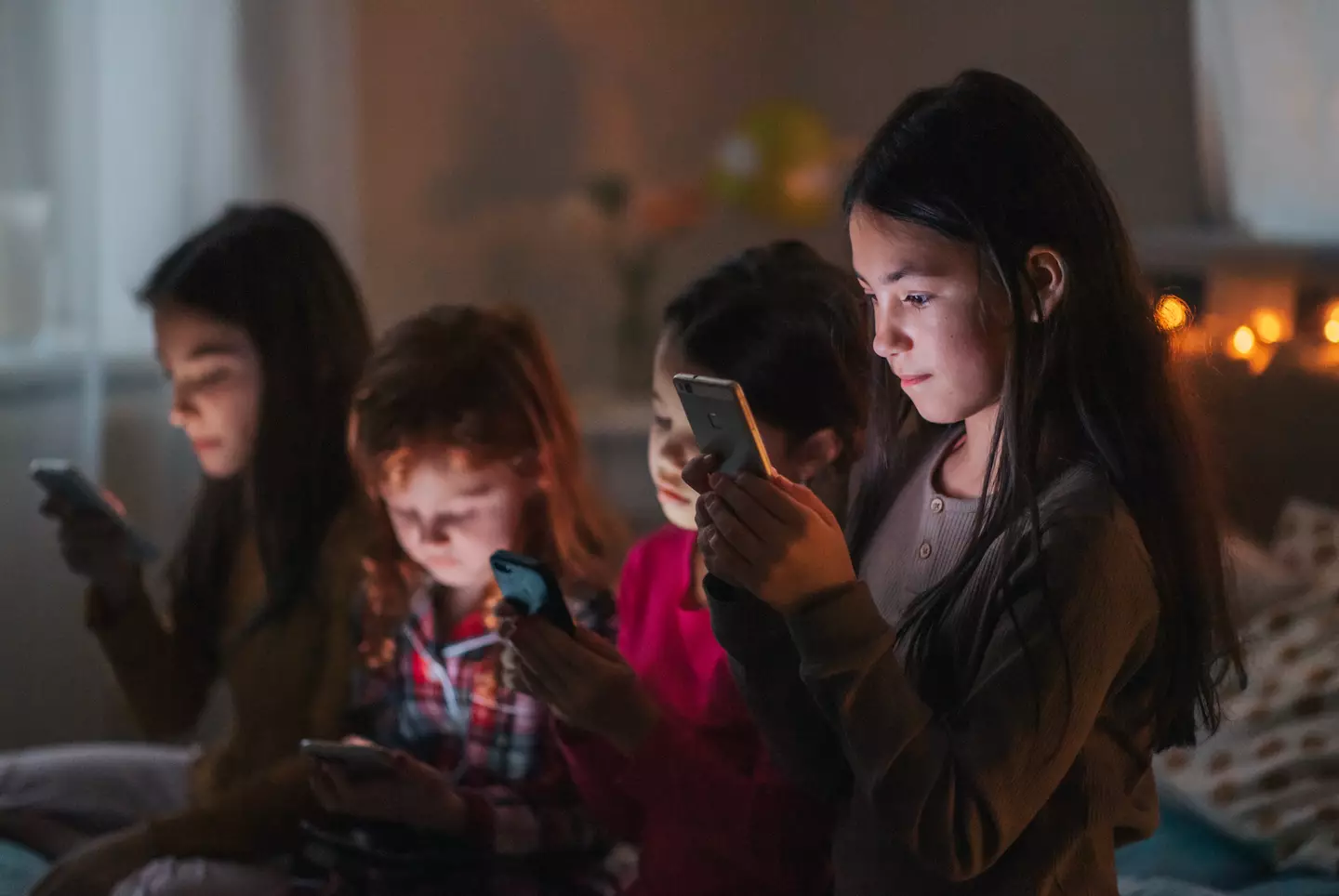
Scientists have found a concerning trend among children as they looked at the increase in screen time in young people.
It seems hard to believe now, but there was a time when we as a society weren’t so fixated on screens.
Granted, even when TV was where people got their fix for hours, there were people concerned with how much time children spent in front of the ‘idiot box’.
However, with the explosion in technology availability and affordability, we basically all walk around with super computers in our pockets and spent quite a lot of time on them.
Advert
This has meant the average person spends a lot more time looking at a screen, but this is also true of children.
A new paper, conducted by the American Psychological Association and published in the journal Psychological Bulletin, looked at what happens when kids spend a lot of time in front of screens and a shocking link was discovered.

The team analyzed 117 separate studies involving more than 292,000 children under the age of 10 from around the world.
The study found there was strong evidence that linked higher screen use to a range of socio-emotional problems, including anxiety, depression, aggression and low self-esteem.
The paper’s author, psychology professor Michael Noetel of Queensland University, Australia, commented on his team’s findings.
He said: “Children are spending more and more time on screens, for everything from entertainment to homework to messaging friends.
“We found that increased screen time can lead to emotional and behavioral problems, and kids with those problems often turn to screens to cope."
The study found girls were more likely to develop emotional problems with greater screen use, while boys were more likely to turn to screen activities like gaming to cope with their existing problems.
The team looked at all types of screen-based activities - from TV and video games to social media and online schoolwork.
Most of the studies in the review were from the United States, however some data was also collected from Australia, Canada, Germany and the Netherlands, as well as other countries.

Noetel noted strict rules, limiting screen time may not be the best solution, but rather to pay attention to what children are doing on their screens and why.
He also highlighted that those with high screen time might need more support rather than stricter rules.
Lead author and health scientist Roberta Vasconcellos of the University of New South Wales echoed these sentiments in her own statement.
She said: “This comprehensive study highlights the need for a nuanced approach to managing children's screen time.
“By understanding the bidirectional relationship between screen use and socio-emotional problems, parents, educators and policymakers can better support children's healthy development in an increasingly digital world."
Topics: News, US News, Health, Technology